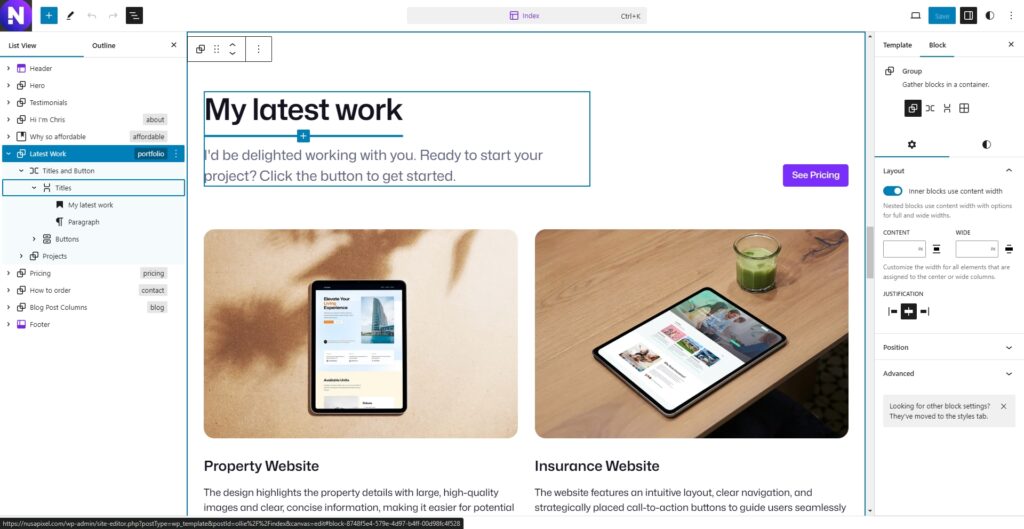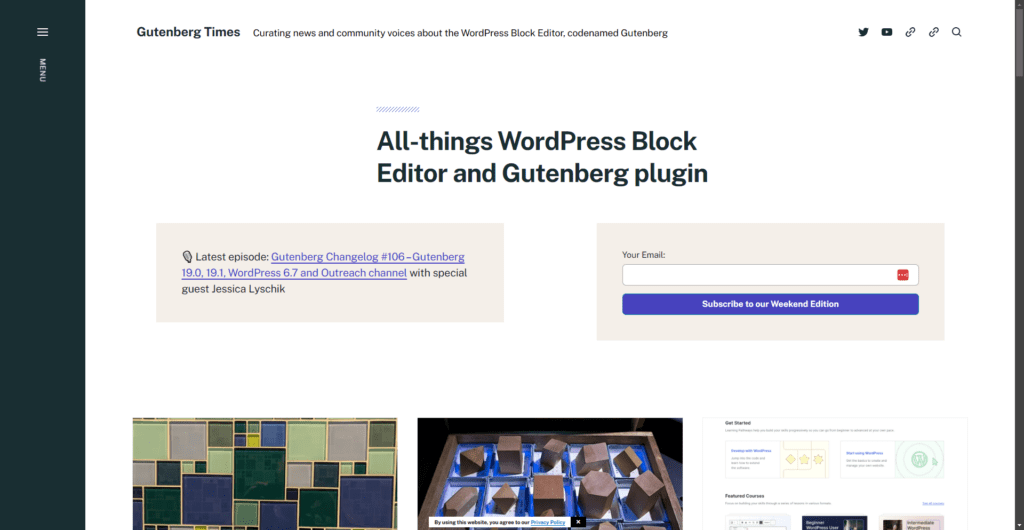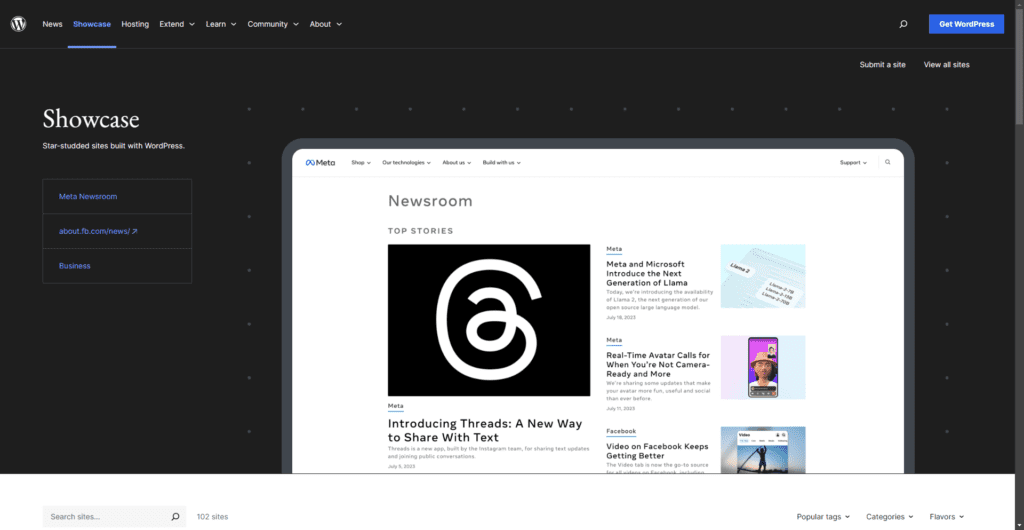Key takeaways:
- Gutenberg provides faster performance and lower maintenance costs
- It offers a simpler, more intuitive editing experience
- Gutenberg aligns with WordPress core development for future-proofing
Many website owners struggle with slow, expensive sites that are hard to update. This is often due to using complex page builders like Elementor. Gutenberg, the built-in WordPress editor, solves these problems.
Here’s why Gutenberg is better than Elementor for most websites:
Gutenberg is Waaayyy Faster

Gutenberg is significantly faster than Elementor. It’s built into WordPress core, so it doesn’t add extra code to your site. This means:
- Faster page load times
- Better user experience
- Improved search engine rankings
And that’s without thinking too much about the optimization technique.
Gutenberg doesn’t ask you to pay
Gutenberg is free. Always. Elementor’s premium plans can cost up to $999 per year. But the real savings come from maintenance:
- Fewer plugin conflicts
- Less need for optimization
- Simpler updates
This means lower long-term costs for your website.
Gutenberg is easier to use

I still remember handling an Elementor website a couple years ago. Every time I want to open the editor page, I can take a shower, prepare my breakfast, and watch the Matrix Trilogy until the page is loaded.
It’s complex and bloated.
Gutenberg has a clean, simple interface. You just add blocks for the content you want. Elementor has more options, but this can be overwhelming.
Here’s a quick comparison:
| Feature | Gutenberg | Elementor |
|---|---|---|
| Learning curve | Low | Medium to High |
| Interface | Clean, minimal | Feature-rich, complex |
| Editing speed | Fast | Can be slower |
WordPress is better with Gutenberg
Gutenberg is part of WordPress core. This means:
- Always compatible with WordPress updates
- No need for extra plugins
- Consistent performance
Elementor is a third-party plugin. It needs regular updates and can conflict with other plugins or themes.
Gutenberg is future-resistant
WordPress is moving towards full-site editing, with Gutenberg at the center. By using Gutenberg now, you’re preparing for future WordPress features.

Elementor might add new features, but it will always be playing catch-up with WordPress core development.
I have a feeling that Elementor may be moving away from WordPress as Gutenberg is getting more and more mature (or maybe not).
How to Start Using Gutenberg
- If you’re using Elementor, back up your site first.
- Deactivate Elementor and switch to a Gutenberg-friendly theme.
- Start rebuilding your pages using Gutenberg blocks.
- Use block patterns for quick, pre-designed layouts.
- Explore block plugins to add more features.
Is Gutenberg’s design actually good?

Gutenberg’s design capabilities are growing fast. With themes like Twenty Twenty-Two and block plugins, you can create great designs without performance issues.
Check out WordPress Showcase to see some websites built with WordPress.

Need a Website?
I will build a professional website for $10K $100
From design to SEO, I will build a beautiful website for you. Check my portfolio or claim this limited discount now!
FAQ
Can Gutenberg handle complex layouts?
Yes. Gutenberg now supports complex layouts through its block system, columns, and block patterns. As it develops, its layout capabilities are becoming more advanced.
Will I lose my designs if I switch from Elementor to Gutenberg?
You’ll need to rebuild your layouts in Gutenberg. However, the long-term benefits often outweigh this short-term work. Some plugins can help with the transition.
Is Gutenberg good for non-technical users?
Yes. Gutenberg’s block system is intuitive and easy to learn. Most users find it simpler than complex page builders after a short adjustment period.
Can Gutenberg replace all Elementor features?
Not all, but most. Gutenberg covers most design needs. For very specific features, you might need additional block plugins. However, this approach still usually results in a faster, more efficient site than using Elementor.






